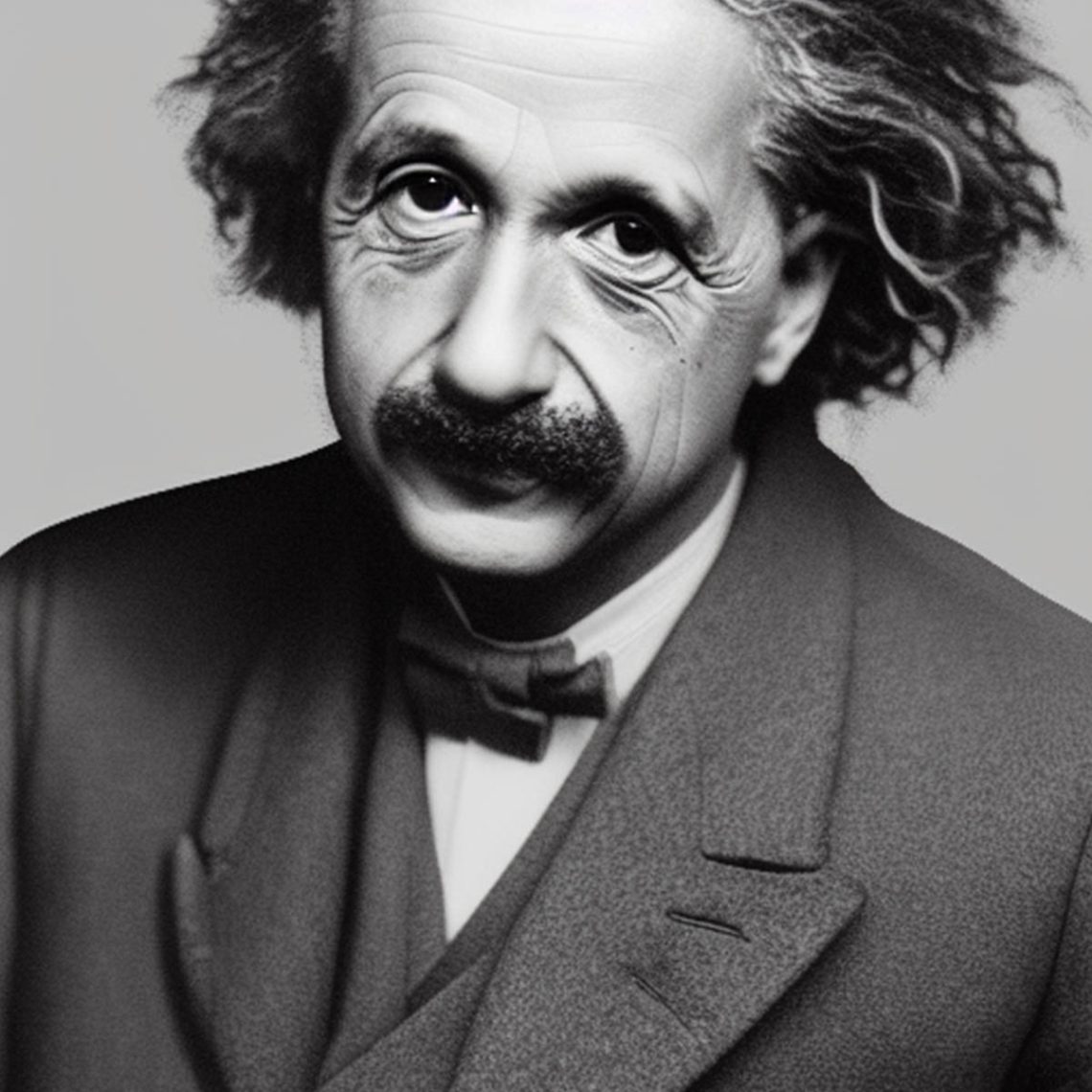Albert Einstein: The Life of The Genius Who Changed Our Understanding of the Universe
Albert Einstein is widely regarded as one of the most influential figures of the 20th century. His groundbreaking work in physics revolutionized our understanding of the universe, and his name has become synonymous with genius. But who was the man behind the theories?
In this article, we take a closer look at the life of Albert Einstein, from his early years as a curious student to his later years as a world-renowned physicist and cultural icon. We explore the challenges he faced, the people he met, and the ideas that drove him to become one of the greatest thinkers of all time. Join us on a journey through the life and legacy of a true genius.
Early Life and Education
Albert Einstein was born on March 14, 1879, in Ulm, Germany. His parents, Hermann Einstein and Pauline Koch, were Jewish middle-class Germans. Einstein was a quiet child, and he showed little interest in school until he was about 12 years old. However, he excelled in math and physics, which he taught himself from books.
In 1896, Einstein entered the Swiss Federal Polytechnic School in Zurich, where he studied math and physics. He graduated in 1900 with a teaching diploma, but he had no job prospects. He worked as a tutor and a substitute teacher until he found a job at the Swiss Patent Office in 1902.
The Miracle Year
Einstein’s career as a physicist began in earnest in 1905, which he later referred to as his “miracle year.” During this year, he published four groundbreaking papers that changed the course of physics.
In his first paper, Einstein introduced the idea of the photoelectric effect, which explained how electrons are emitted from matter when it absorbs electromagnetic radiation. This discovery earned him the Nobel Prize in Physics in 1921.
In his second paper, Einstein introduced the theory of special relativity, which showed that time and space are relative to the observer. This theory revolutionized our understanding of the universe and paved the way for his later work on general relativity.
In his third paper, Einstein showed that matter and energy are equivalent, which he expressed in the famous equation E=mc². This equation has become one of the most famous in all of science and has been used to develop nuclear power.
In his fourth paper, Einstein introduced the theory of Brownian motion, which explained how particles in a fluid move randomly. This theory provided further evidence for the existence of atoms, which had been proposed by scientists such as John Dalton and Albert Avogadro in the 19th century.
General Relativity
In 1915, Einstein published his theory of general relativity, which described how gravity works. This theory was based on the idea that massive objects distort the fabric of space and time, which causes gravity.
General relativity was a major breakthrough in physics, and it has been confirmed by numerous experiments over the years. For example, in 1919, a British expedition to Africa observed the bending of starlight during a solar eclipse, which confirmed Einstein’s prediction that gravity can bend light.
Later Years and Legacy
After World War I, Einstein became an advocate for pacifism and civil rights. He was a vocal opponent of Nazism and fled Germany when Adolf Hitler came to power in 1933. He spent the rest of his life in the United States, where he worked at the Institute for Advanced Study at Princeton University.
Einstein continued to work on physics throughout his life, but he also became an important cultural icon. He was known for his trademark wild hair and his love of music, especially the violin. He died in 1955 at the age of 76.
Albert Einstein’s legacy continues to influence scientific research and technological advancements to this day. His work in physics inspired the development of nuclear energy, space exploration, and the study of black holes, among other areas of research.
Additionally, Einstein’s advocacy for peace and civil rights continues to inspire people around the world. His famous equation, E=mc², has been applied in countless fields of research, including medicine, energy production, and materials science.
Einstein’s influence on popular culture is also significant. He has been portrayed in countless movies, TV shows, and books, and his name has become synonymous with intelligence and innovation.
Explore the brilliance of Albert Einstein’s mind through his timeless quotes
Book Recommendations
- Einstein – The Man and His Mind
- Ideas And Opinions
- The Story of Albert Einstein – A Biography Book for New Readers

